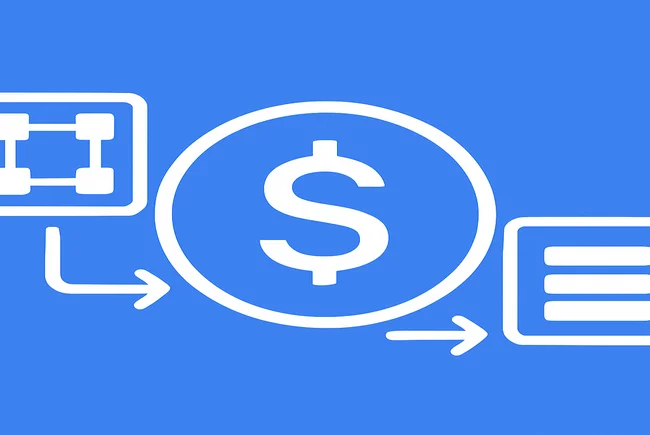Quarantine compliance refers to measures taken to ensure that certain digital assets, especially those suspected of being involved in fraudulent or illicit activities, are isolated from mainstream trading. This is similar to quarantining in other contexts, where potentially harmful entities are kept separate to prevent broader issues.In practice, quarantine compliance can involve freezing accounts, preventing withdrawals, or blocking transactions associated with suspicious tokens. This process helps protect exchanges and users from exposure to assets that could lead to legal or financial repercussions.Exchanges and regulatory bodies maintain compliance through rigorous monitoring of transactions and user behaviors. When red flags are raised, assets can be quarantined for further investigation. This creates a safer trading environment by minimizing risks associated with money laundering, fraud, or other illegal activities linked to certain assets.Overall, quarantine compliance is a proactive approach that emphasizes security, risk management, and regulatory adherence in the asset trading ecosystem.
Aave Labs Acquires Stable Finance to Expand Consumer DeFi Products
Aave Labs has acquired Stable Finance, a San Francisco-based fintech company focused on stablecoin savings, in a move to strengthen



